Federal High Court in Abuja heard testimony from the first prosecution witness in the ongoing terrorism trial of Nnamdi Kanu, leader of the Indigenous People of Biafra (IPOB), revealing details of his 2015 arrest. The witness, a Department of State Services (DSS) operative identified as PWAAA, testified behind a screen for security reasons, as permitted by Justice James Omotosho following a request from the prosecution, led by Adegboyega Awomolo (SAN). The measure was deemed necessary to protect the identities of operatives due to the case’s sensitive nature, a motion unopposed by Kanu’s lead counsel, Kanu Agabi (SAN).
PWAAA, an 18-year veteran of the DSS, recounted that on October 15, 2015, an eight-man team, acting on intelligence, conducted a room-to-room search at the Golden Tulip Essential Hotel near Murtala Mohammed International Airport in Ikeja, Lagos, after failing to find Kanu’s name in the hotel’s guest records. Kanu was apprehended in Room 303, alongside a woman identified as Maria Ibezimakor, having checked in under the alias Nwannekaenyi Ezebuiro. The witness noted Kanu’s initial resistance, including an attempt to headbutt an officer named Bolaji.
Items recovered from Kanu included IPOB pamphlets, complementary cards, four laptops, two iPads, multiple microphones and stands, flash drives, power adaptors, various phones, perfumes, ATM cards, and a wristwatch, among others. These were displayed in court across four suitcases and admitted as exhibits. A video-recorded interrogation from October 16, 2015, was played, in which Kanu admitted to founding and leading IPOB, establishing Radio Biafra in London without registering it with Nigeria’s National Broadcasting Commission (NBC), and stated that his mission was to emancipate the people of the Southeast, South-South, and parts of Benue and Kogi. Kanu maintained that his freedom struggle was a fundamental right, not a crime, and denied involvement in violence.
The court granted the prosecution’s request to limit observers to 20, primarily family members, denying entry to figures like Omoyele Sowore of the “Take it Back Movement.” Justice Omotosho adjourned the trial to May 2, 2025, for the cross-examination of PWAAA, as the defense prepares to challenge the prosecution’s narrative.
The trial underscores ongoing tensions surrounding IPOB’s separatist agenda, declared a terrorist organization by the Nigerian government in 2017. Kanu’s 2015 arrest sparked widespread protests in the Southeast, and his 2021 re-arrest in Kenya further escalated regional unrest. As the legal process continues, the case remains a focal point for debates on self-determination, state security, and human rights in Nigeria.

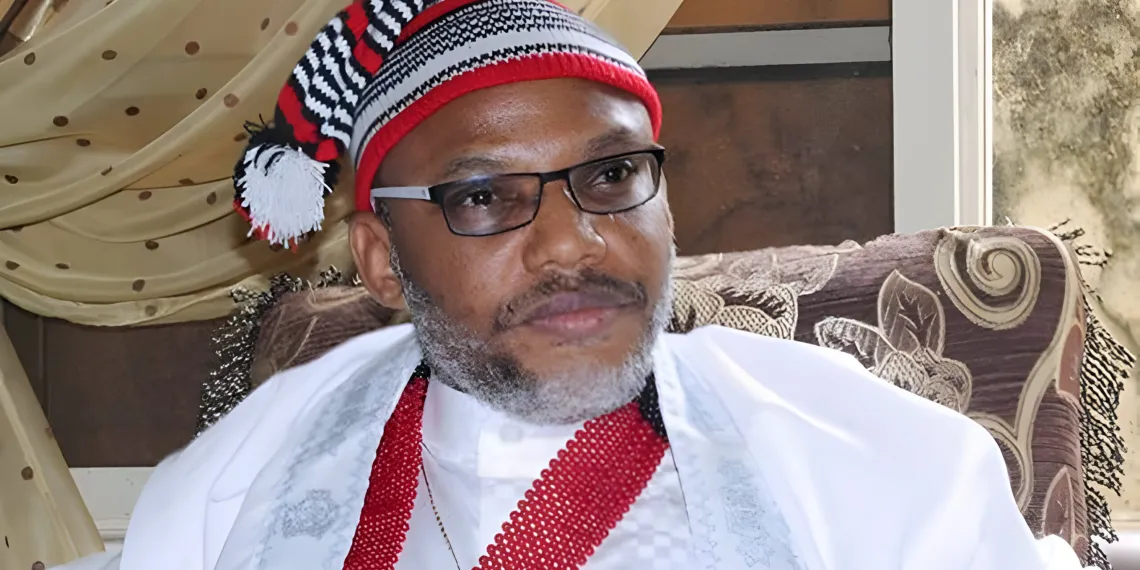


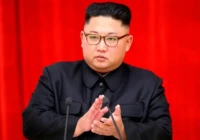
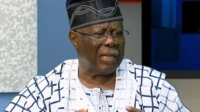
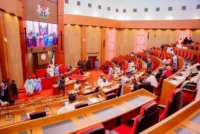

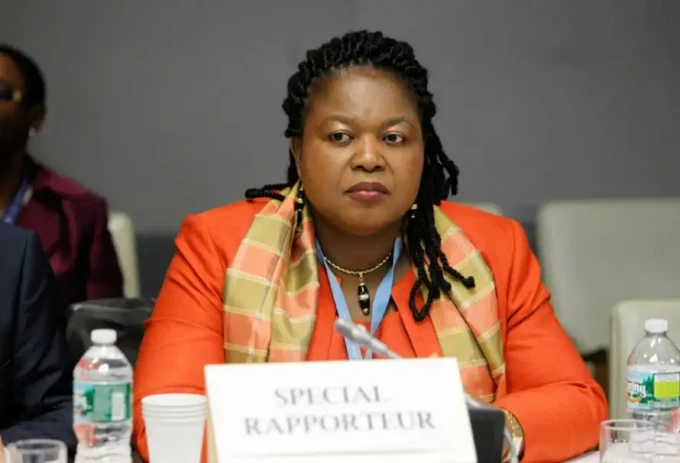
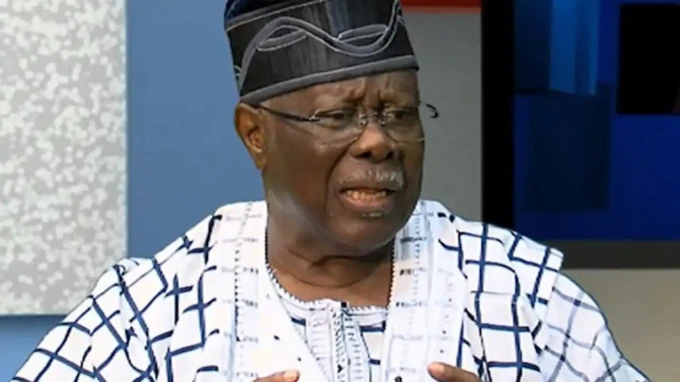

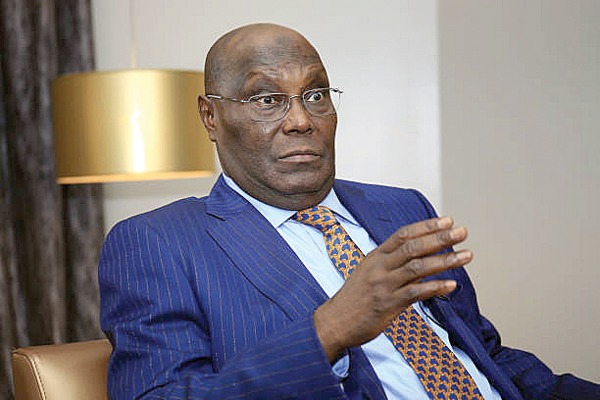
Is Nnamdi Kanu a hero or a troublemaker? Lets debate his arrest and trial without bias. #IPOB #NnamdiKanu
Do you think Nnamdi Kanus arrest was justified or a violation of his rights? Lets discuss!
I find the details of Kanus arrest intriguing. Do you think this will impact the ongoing trial significantly? Lets discuss!
Should Kanus arrest be celebrated or condemned? Lets discuss the implications of this controversial event. #IPOB #NnamdiKanu
I believe Nnamdi Kanus arrest in 2015 was necessary for national security. Lets discuss.
Do you think the arrest of Nnamdi Kanu in 2015 was justified or unjustified? Lets discuss!
I think there are still unanswered questions surrounding Kanus arrest in 2015. What do you all think? Curious to hear your thoughts!